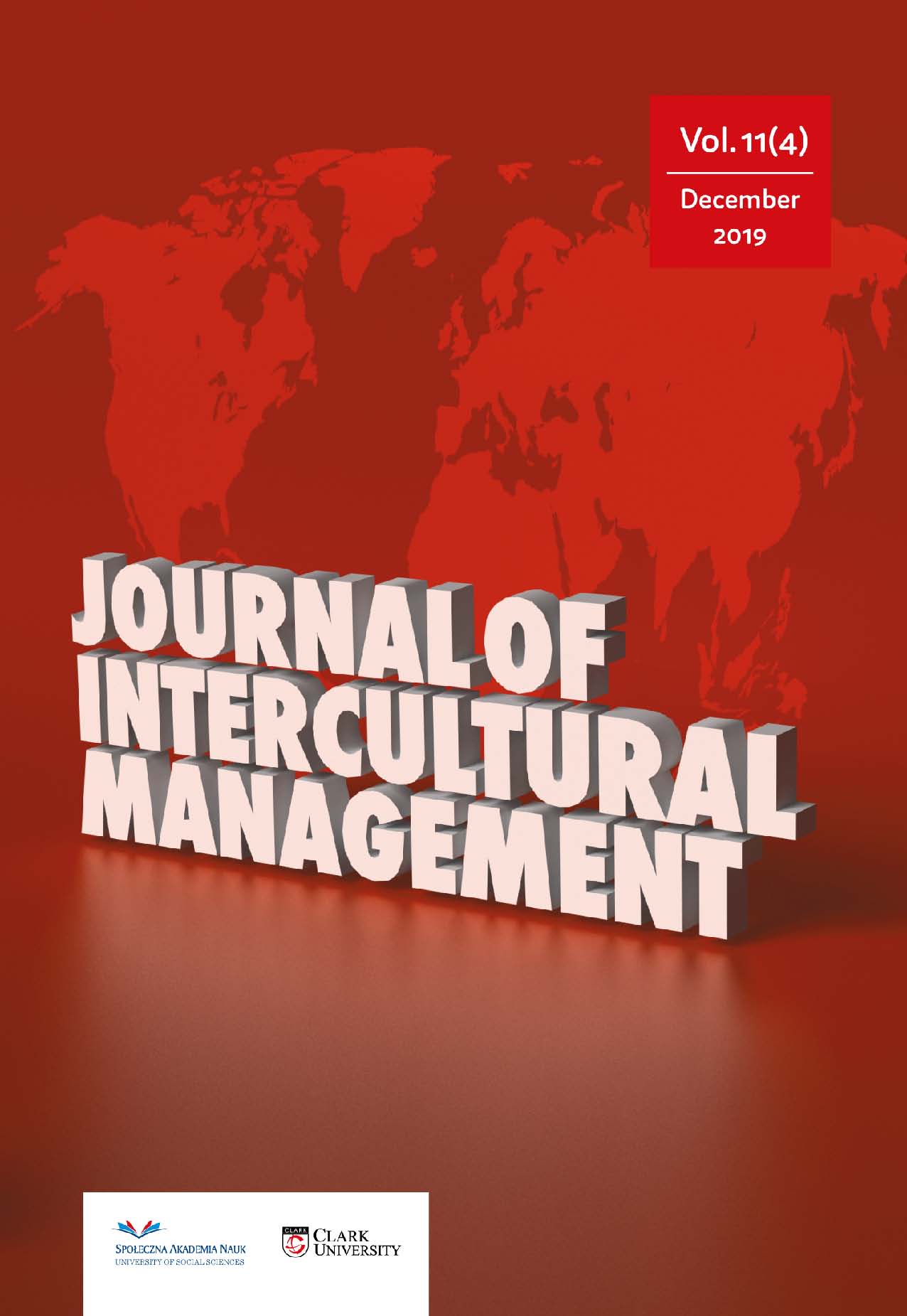Priority Areas of Poland’s Development in Line with EU
Policy (Smart Specializations) – Poland’s Food Security
and Climate Change
Priority Areas of Poland’s Development in Line with EU
Policy (Smart Specializations) – Poland’s Food Security
and Climate Change
Author(s): Dorota Michalak, Erico WulfSubject(s): Social Sciences, Economy, Geography, Regional studies
Published by: Społeczna Akademia Nauk
Keywords: climate change; food security; EU policy
Summary/Abstract: Objective: The purpose of this article is to determine whether the problem of climate change has been included in the smart specialization programs as one that significantly determines the food security of a given region. Methodology: For this purpose an analysis of provincial programs/strategies for the development was made. The programs indicate areas of importance for the region (the desk research method was used, which is a research method involving the analysis of available data). Value Added: The starting point for the considerations taken in the article is the Strategy for smart and sustainable development, which sets out the objectives and priorities of the European Union for the years between 2010 and 2020 [EC, 2010]. In response to the above mentioned strategies, the Ministry of Development in Poland has distinguished National Smart Specializations (KIS) [Internet source A], their idea is to identify key sectors for the socio-economic development of the country and their financial support from EU funds (Smart Development Operational Program - POIR). The five sectors of smart specialization include agri-food, forestry and environmental bio-economy, which emphasize the importance of increasing the country’s food security and improving food quality. Regional Innovation Strategies (RSI) are the responseto KIS. They distinguish the smart specializations of the region, and their assumptions and goals are to be appropriate for the characteristics of the region. One of the biggest challenges of today is the climate change, which significantly affects the productivity of the agricultural industry. The European Commission in the White Paper and in its subsequent regulations emphasized the need to support local, regional, national and EU activities which will increase readiness and ability to respond to the effects of climate change (EC, 2013). Is it true that in connection with the above, the issue of adaptation of climate change to agricultural, as one of the important elements conditioning food security of the country, was taken into account when creating the concept of smart specializations? They do not decisively affect adaptation activities in the country, individual regions and industries, but in principle they are intended to raise important and current issues for the development of the country,and climate change and its consequences are undoubtedly such an issue. Recommendations: The analysis of Most Voivodeship Development Strategies carried out shows lack the appropriate form. The scientific language and extensive documentation make it difficult to complete tasks, fail to reach the right recipient, and promote excessive bureaucracy. This is probably not conducive to the development of innovation, but only drives bureaucracy and generates unnecessary costs.
Journal: Journal of Intercultural Management
- Issue Year: 11/2019
- Issue No: 4
- Page Range: 158-182
- Page Count: 25
- Language: English

